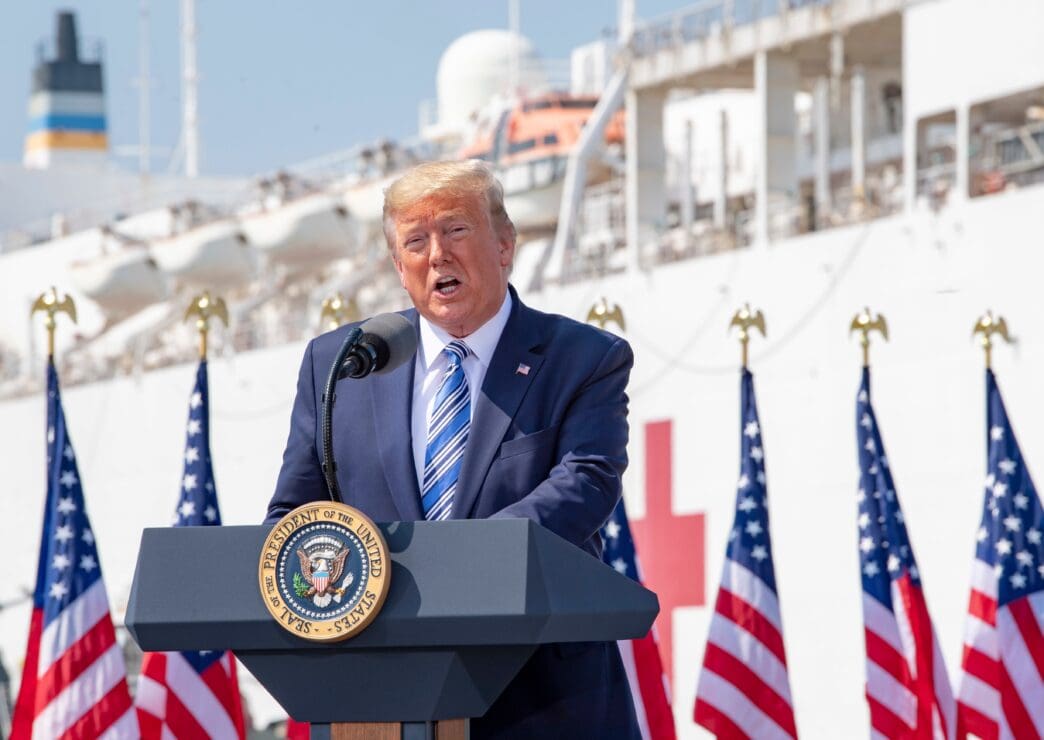Executive Summary
The Story So Far
Why This Matters
Who Thinks What?
President Donald Trump visited Naval Station Norfolk in Norfolk, Virginia, on Sunday, October 5, 2025, to commemorate the 250th anniversary of the US Navy. During his address aboard the USS Harry S. Truman, Trump assured service members that they would receive their pay despite an ongoing government shutdown, which he attributed to Democrats. He also announced support for across-the-board pay raises for all US Armed Forces personnel and discussed the deployment of the National Guard to address crime in American cities.
Addressing the Government Shutdown and Military Pay
During his remarks, President Trump directly addressed concerns regarding the government shutdown’s impact on military pay. He stated, “We will get our service members every last penny. Don’t worry about it,” drawing applause from the crowd. This assurance followed a late September memo from the Defense Department, which informed active-duty and reserve military members that they would not be paid after September 30 until Congress approved agency funding.
Trump used the occasion to openly criticize Democrats, likening them to a “gnat” on his and the Republican Party’s shoulders. He accused them of wanting to allocate funds to “illegal aliens” rather than prioritizing military needs. The event also saw participation from First Lady Melania Trump and Defense Secretary Pete Hegseth, who both delivered remarks.
National Guard Deployments and City Interventions
President Trump also highlighted his administration’s deployment of the National Guard to US cities, asserting that he would send “whatever is necessary” to combat crime. He previously authorized hundreds of National Guard members for deployment to Chicago, Memphis, Tennessee, and Portland, Oregon.
A judge temporarily blocked the deployment plan for Portland on Saturday, but Trump subsequently ordered the California National Guard to deploy to Oregon instead. California Governor Gavin Newsom, a Democrat, has indicated plans to challenge this deployment legally. Trump’s remarks on these deployments did not elicit a significant response from the Naval Station crowd, who primarily applauded references to the Navy’s strength and military pay raises.
Navy Fleet Expansion and Training
The event, titled “Titans of the Sea,” was intended to showcase the Navy’s capabilities and inspire future service members. President Trump spoke alongside the USS Kearsarge and the USS Harry S. Truman, the latter having recently returned from a deployment in the Red Sea.
In the preceding week, Trump had also convened an unusual in-person gathering of military brass in Quantico, Virginia. There, he expressed a desire to add more than a dozen ships to the Navy’s fleet through increased military spending, while also criticizing the aesthetics of some existing ships. During the same Quantico event, Trump proposed using US cities as training grounds for the military, a concept that has since been followed by increased federal law enforcement intervention in cities like Portland and Chicago, often against the wishes of local leaders.








